Lab Members

Sotiris Masmanidis (smasmanidis@ucla.edu)
Professor, Department of Neurobiology and California Nanosystems Institute
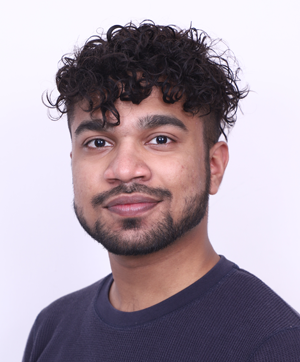
Deepak Singla
Graduate Student (BE)
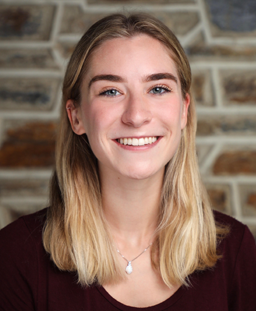
Tierney Daw
Graduate Student (MCIP)
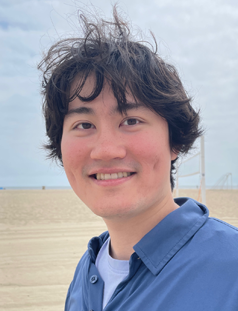
Andrew Weakley
Graduate Student (BE)
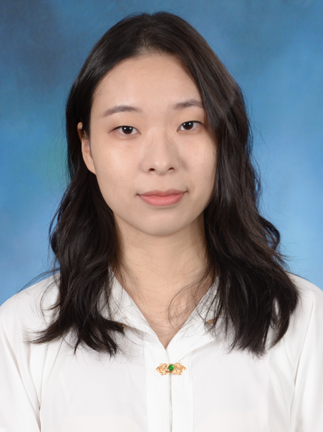
Ruoxian (Jenny) Li
Staff Research Associate
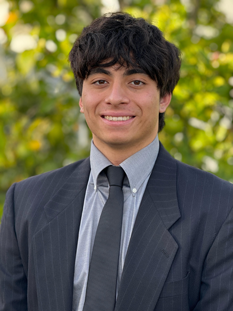
Dylan Davidoff
Undergraduate Student
Jiayi Cao
Undergraduate Student
Helen Liu
Undergraduate Student
Lab Alumni
Victor Mac
Matthew Rosenberg
Konstantin Bakhurin
Justin Shobe
Leslie Claar
Wesley Smith
Ayaka Hachisuka
Shanglin Zhou
Kwang Lee
Theresia Dafalias
Long Yang
Asai Sanchez-Fuentes
Charltien Long
Alexander Wu
Lab Photos

Neurobiology Department Retreat, May 2024
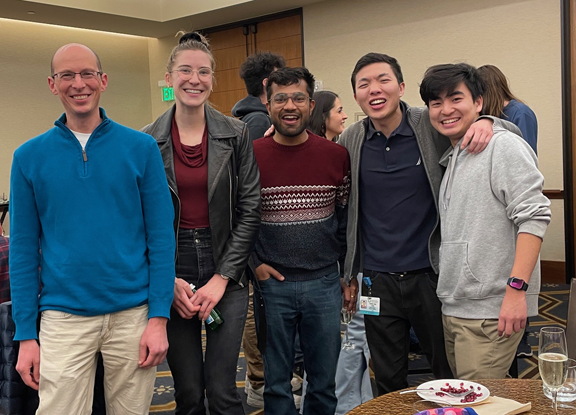
Neurobiology Holiday Party, December 2023
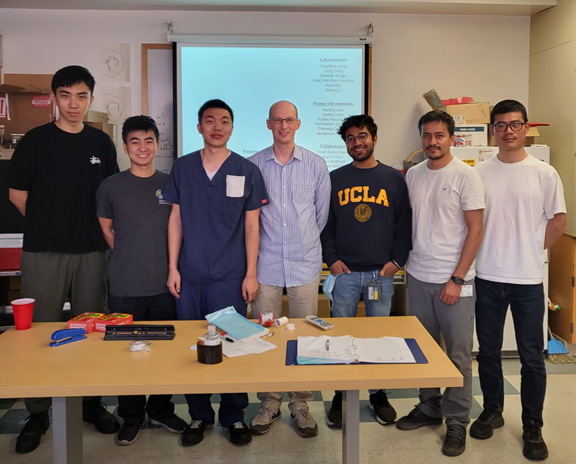
Lab Photo, October 2022
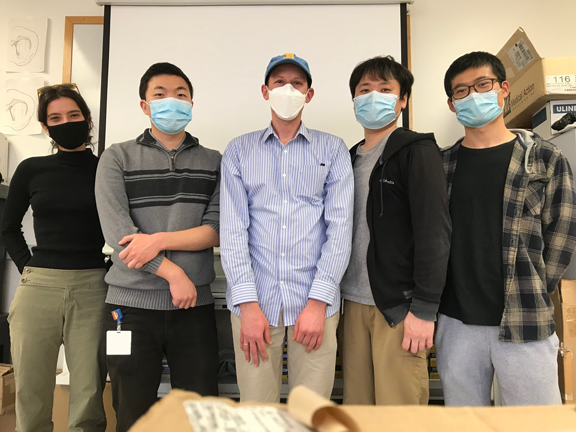
Lab Photo, December 2020
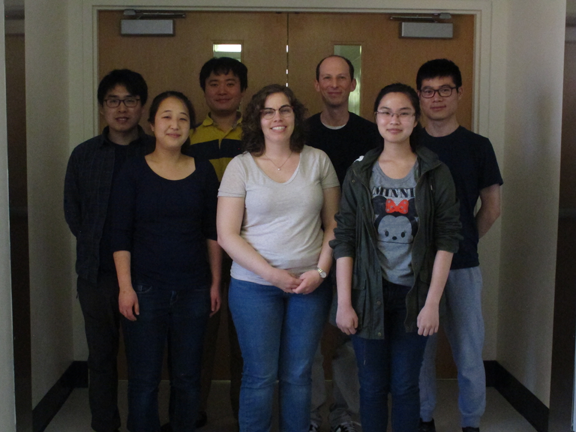
Lab Photo, April 2018
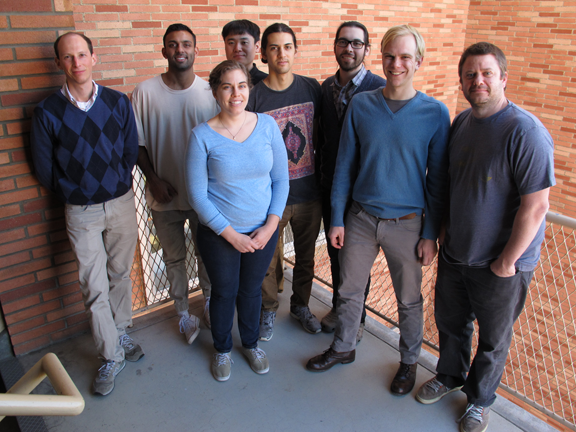
Lab Photo, October 2016
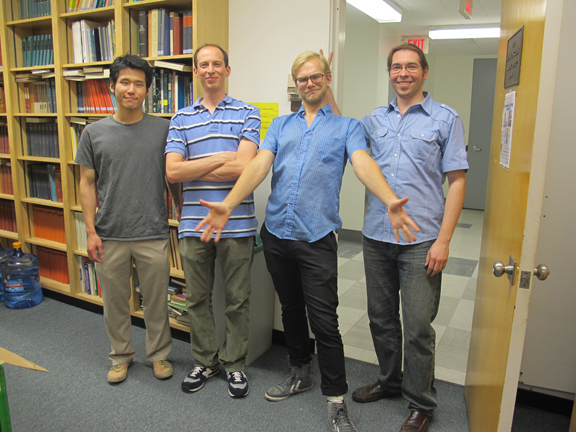
Inaugural Lab Photo, September 2012
PI's training philosophy
I am a physicist-turned-neuroscientist with a passion for mentoring students interested in plumbing the depths of the most amazing dynamical system in the known universe. My approach to training entails the following elements:
1) I encourage people to think big and pursue fundamental problems in the field.
2) To maximize my effectiveness as a mentor I maintain a small-sized lab of ideally between three and six trainees. This means that I am available for one-on-one meetings on a nearly daily basis, and that each trainee holds critical responsibilities to ensure the lab runs smoothly.
3) Many of our past and current projects are highly collaborative in scope, and collaboration within and outside of the lab is strongly encouraged. We are also big proponents of open-source technology (check out our Technology tab).
4) One of the lab's main technical strengths is our experience with in vivo electrophysiological recording tools to study the activity of neural populations during behavior. Everyone in the lab becomes proficient at recording and analyzing neural dynamics from behaving mice.
5) Knowing how to code is not a prerequisite for joining the lab, but learning to code is a major aspect of everyone's training plan as it is essential for gaining proficiency in independently analyzing data. Students interested in improving their coding skills can take Neuro 260: Introduction to Signal Processing for Neuroscientists, a graduate elective course that combines lectures and tutorials that use code.
